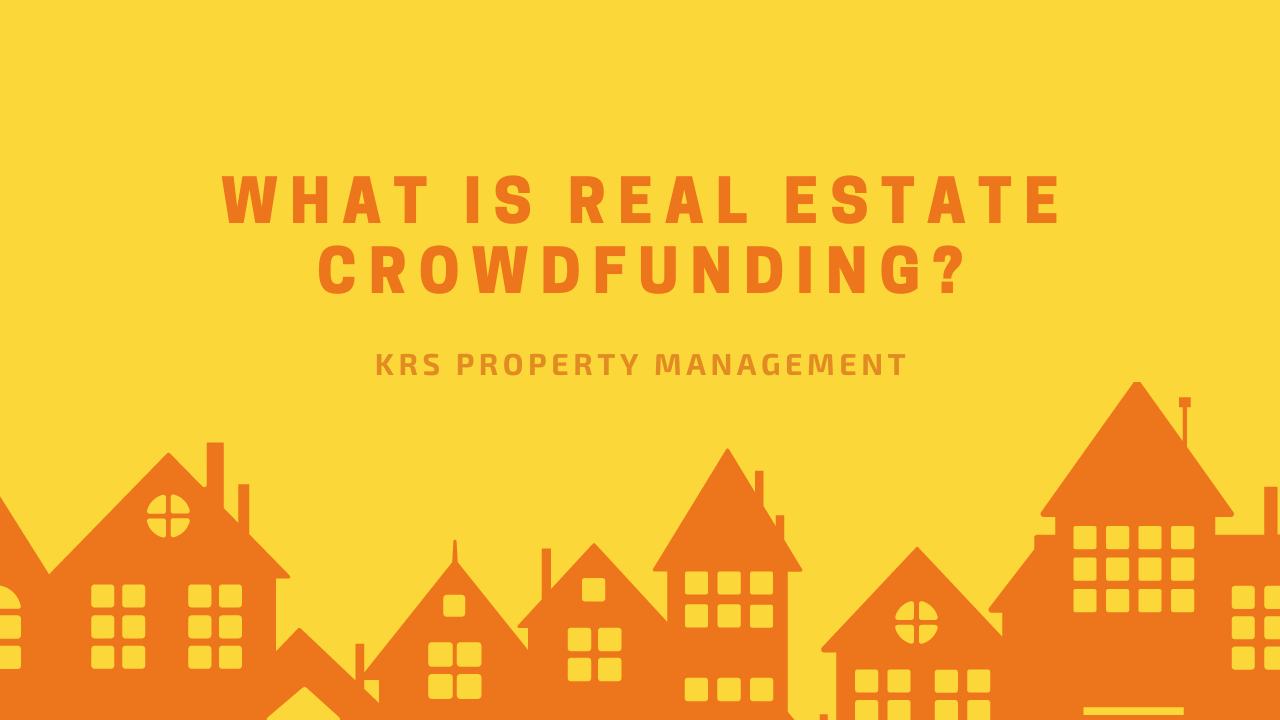
Real estate crowdfunding is a great strategy for raising money quickly, in order to purchase property. It is a method of gathering money online through different social media and Internet platforms, from large groups of potential investors,
Crowdfunding helps individuals and businesses pull out capital from investors seeking to invest in small amounts. These small sums are collected together, and amount to a big sum of funds in a short timeframe.
Things to Remember
Just like equity investing, real estate crowdfunding helps transform property investors into shareholders
Raising a large amount of capital can be challenging for a company but through crowdfunding, it can be easier
The Way Real Estate Crowdfunding Works.
Most of the time, crowdfunding is a strategy commonly related to donations, where small and mid sized companies can collectively place their money for investment to purchase essential machinery or construct a plant to ensure a strong future for a company.
Crowdfunding for investments is guided by the Jumpstart Our Business Startups Act (JOBS). Created back in 2012, this law reduced the reporting requirements of small companies.
The Securities and Exchange Commission (SEC) relaxed the policies on small businesses to provide more opportunities to maximize crowdfunded investments. Although, limitations exist on the amount of money investors can place in crowdfunding projects, meaning it will depend on one’s income and net worth.

In 2020, the Regulation Crowdfunding (CF) was enacted by the SEC to permit entities to engage in a “common owner CF” model when fundraising. This involves real estate and small business initiatives. It also raised the investment ceiling to broaden the range of opportunities for investors who are not accredited.
Before the JOBS Act, investors only have limited access to property investments. They could purchase physical properties or place their funds in real estate investment trusts (REITs), but today, crowdfunding has become a popular and affordable option for investing in properties.
Just like any other type of investment, real estate crowdfunding offers both benefits and drawbacks. While it is great that it provides quick access to costly property investments, you should learn about all its pros and cons.
Pros of Real Estate Crowdfunding
Crowdfunding gives many investors a chance to earn a profitable income from real estate at a reduced risk since only a low amount is required for the property venture.
The capital required for real estate crowdfunding from those who are interested in property investing is pretty low since one can start at $1,000. You also don’t have to qualify for strict requirements to apply for financing.

Typically, attractive properties that are sure to earn a solid income can be too pricey for an individual or small business to consider. However, with crowdfunding this is an easy and accessible option for a large group of small investors.
Furthermore, non-accredited investors have been given more opportunities to participate since the SEC lifted the ban. Previously, an investor was required to be accredited and must meet specific income levels and net worth qualifications. But now, the rules have changed and non-accredited investors can join real estate crowdfunding in order to become shareholders.
Cons of Real Estate Crowdfunding
Investing in real estate is not simple and if you decide to participate in crowdfunding, it can become complicated. New investors may ignore the risks and skip essential research. Moreover, the strategy of crowdfunding has just come about so it may be difficult to review historical performance.
Simply the advantages and disadvantages include:
Advantages
Open to a lot of investors
Lower money required for investment
Plenty of opportunities to invest
Available to non-accredited investors
Disadvantages
- Loss is possible
- Not as regulated as other investments
- Lack of familiarity between investors and companies
- Strict policies and fees can apply
Little resources are available to check track record since it’s a relatively new investment
Limitations
The SEC has set investment limits for non-accredited investors. Investors with an income of less than $124,000 can only place $2,500 or about 5% of their annual income over a 12-month cycle while investors with an income of more than $124,000 can invest up to 10% of their annual income over a 12-month cycle.

Partnering with a property management company like KRS Property Management, gives you access to all the information you need to succeed, with Crowdfunding, and any other management issues.
Bottom line
The primary benefit of real estate crowdfunding is that small-time investors can access huge real estate projects, such as apartments, commercial spaces, and office buildings. Since this is a new option, it can be challenging to find out more about the track records of specific companies. You must do proper research and weigh the investment’s possible gains and risks.
Contact KRS Property Management with any questions. Our dedicated team is here to assist you with all your property management needs. We pride ourselves on providing exceptional customer service and support. Reach out to us today for prompt and professional assistance.






